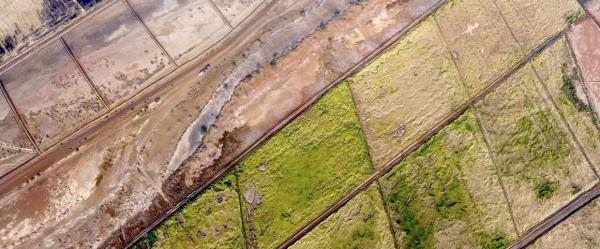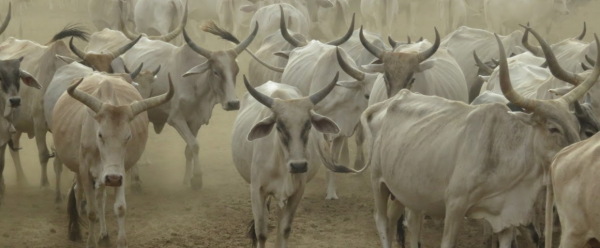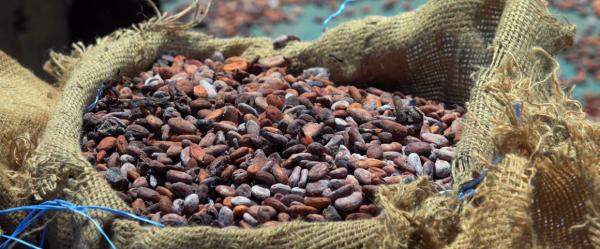It took until COP23 in 2017 and the adoption of the Koronivia Joint Work Action for the issues surrounding agriculture and food to be addressed in global climate talks.
The action was due to end in Glasgow in 2021. However, the Parties opted to delay completion for a year, to allow for technical progress on the issue, and to postpone policy and geostrategic talks on the agricultural sector.
It is therefore at COP27, to be held from 7 to 18 November in Sharm el-Sheikh (Egypt), that decisions will be made on the Koronivia working group's proposals and the follow-up to the action. "We hope the Koronivia work will enshrine agricultural issues in climate talks", Marie Hrabanski, a sociologist with CIRAD specializing in public climate policy, explains. "Governments must build sustainable agricultural policies that respect the environment in the long term and are carbon neutral."
CIRAD, an active contributor to the Koronivia work action
Countries and observers of the United Nations Framework Convention on Climate Change (UNFCCC), like CIRAD, have been able to make proposals to the UNFCCC at various stages. CIRAD has made its experience of tropical and Mediterranean environments available to negotiators. With its partners, it has made several contributions to four of the six topics that make up the Koronivia joint work action:
- Soil carbon, soil health and soil fertility
- Organic fertilization for sustainable, resilient farming systems
- Socioeconomic and food security dimensions of climate change in the agricultural sectors
- Improved livestock management systems, including agropastoral systems
The Koronivia joint work on agriculture, adopted in 2017 at COP23, has boosted the visibility of agriculture in climate talks. Since then, the agricultural sector has no longer been seen simply as a greenhouse gas emitter. The Koronivia work means that the mitigation potential of agriculture and the need for adaptation have at last been recognized. As a climate talks observer, CIRAD has been very active within this joint work with its partners. A look back at the key points of its submissions.
Agriculture is simultaneously a problem, a victim and a solution
Agriculture accounts for a quarter of global greenhouse gas (GHG) emissions, if deforestation is included. However, the sector has huge potential to cut its emissions, by up to 75%, according to the IPCC. This makes it a lever for building climate change mitigation strategies. Last but not least, agriculture is one of the main victims of climate disruption, particularly in tropical countries and the Mediterranean. While one of the characteristics of agriculture is its ability to anticipate and adapt to climate variations, if those variations then become trends, it is vital that farming and food systems rapidly build resilience and indeed undertake far-reaching transformations in the medium and long term. Ambitious, effective public adaptation policies can help achieve that transition.





























